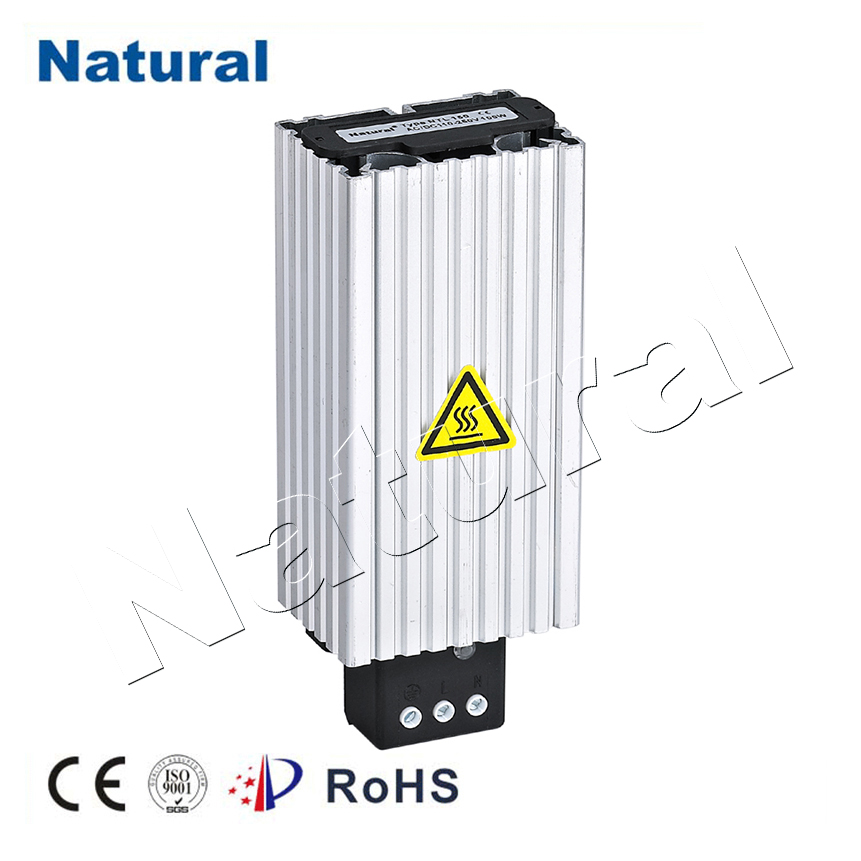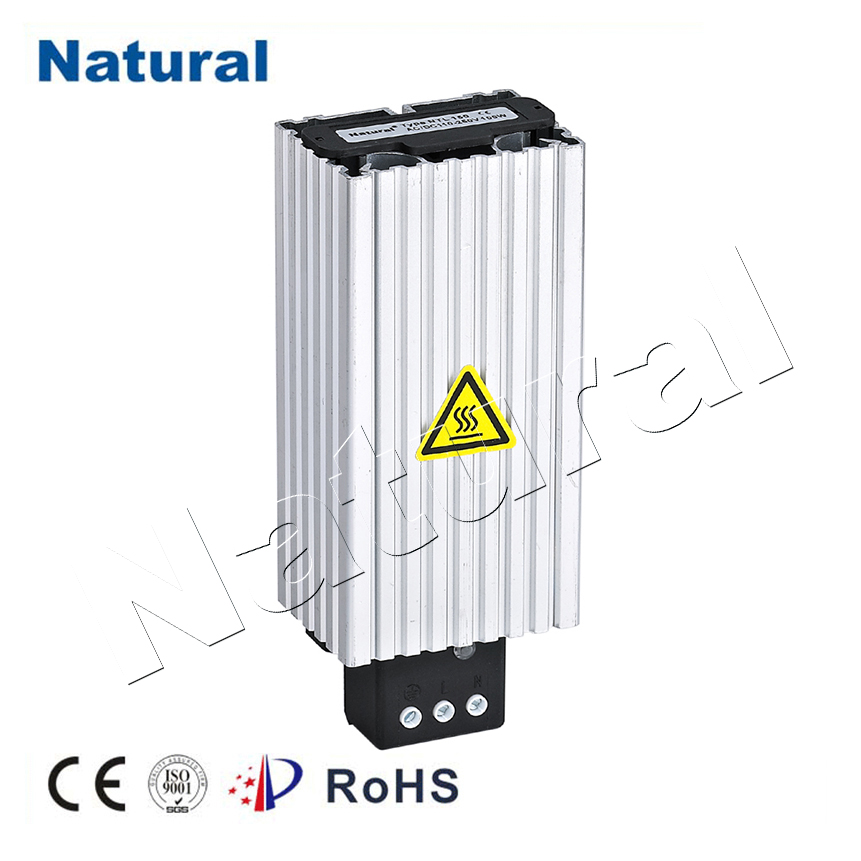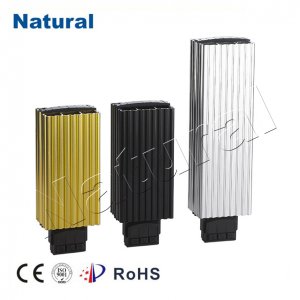Aluminum heaters are becoming increasingly popular in a wide range of industries, thanks to their excellent thermal conductivity, lightweight nature, and cost-effectiveness. These heaters utilize aluminum, a metal known for its efficient heat distribution, durability, and resistance to corrosion, making them an ideal choice for both industrial and domestic heating applications. In this article, we will explore the various types of aluminum heaters, their advantages, and how they are being used in modern technology.

What is an Aluminum Heater?

An aluminum heater is any type of heating device that uses aluminum or aluminum alloy in its construction. The metal is typically used for its superior heat conduction properties, making it an excellent material for both heating elements and the outer casing. Aluminum heaters can come in various forms, including electric heaters, industrial heat exchangers, automotive seat heaters, and air conditioning units. Aluminum heaters can either use electric resistance heating or fluid-based heating systems. In electric resistance heaters, electrical current passes through a resistor, which then converts electrical energy into heat. The aluminum body helps distribute this heat evenly. In fluid-based heaters, heat is transferred to air, water, or oil through the aluminum’s conductive surface, providing an efficient heating solution for larger areas.
